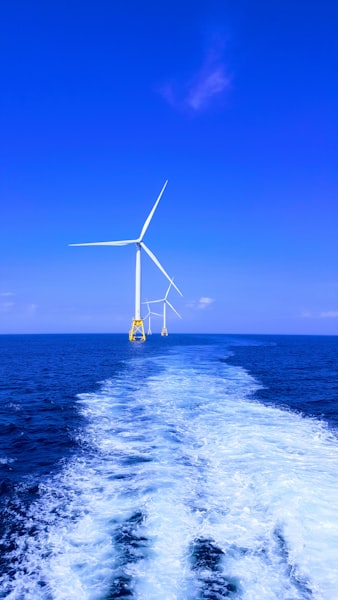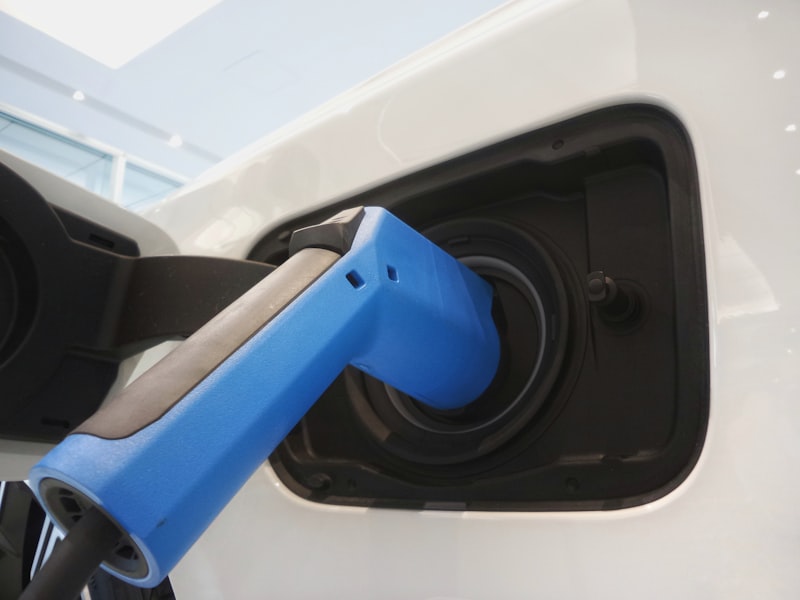Home PageEconomyFirst State: Goodbye to Combustion-Engine Taxis in HamburgCreated: 16.02.2023Updated: 16.02.2023, 13:15 CommentsShareCurrently, twelve percent of Hamburg’s taxis are electric or hydrogen powered. To protect the climate, more needs to be done and a switch should save 25,000 tons of CO2 per year.Hamburg is the first federal state to ban combustion-engine taxis from 2025 onwards in order to make progress with climate protection quickly in the transport sector. Already 2000 tons of CO2 are saved by switching to electric and hydrogen-powered taxis annually. It is hoped that this decision will have a signal effect for Germany and Europe as a whole.The project „Future Taxi“ was launched in 2021 with the aim of promoting the switch to locally emission-free taxis in Hamburg. According to the authorities, already over 350 such cars are on the streets of Hamburg today, 25 of which are powered by hydrogen. With twelve percent of these less polluting vehicles, Hamburg’s taxi fleet already has the top position nationwide.The strong demand for locally emission-free taxis shows that the industry is ready and willing to leave behind the combustion engine era said Tjarks. From January 1st 2025 it will be over; electric taxis have proven themselves reliable, comfortable and cheaper than combustion engine taxis. Industry representatives also described the project as a success and hope that this decision will set an example for Germany and all of Europe.In summary, this article discusses how Hamburg is leading the way in transitioning away from combustion engine taxis towards electric or hydrogen powered ones by 2025 in order to reduce emissions by 25,000 tons per year and become an example for other countries in Europe to follow suit.
The Benefits of Climate Protection
Climate protection is essential to preserving the planet’s health and wellbeing. It reduces air pollution, conserves natural resources, and helps maintain a stable climate. Additionally, climate protection can lead to economic benefits, such as increased energy efficiency and reduced energy costs. It also creates jobs in renewable energy sectors like solar and wind power. Finally, investing in climate protection can help protect vulnerable communities from the effects of extreme weather events like floods and droughts. In short, protecting our environment today will ensure a healthier future for generations to come.You might also like this article: This is the title of test post. Picture source: Possessed Photography





